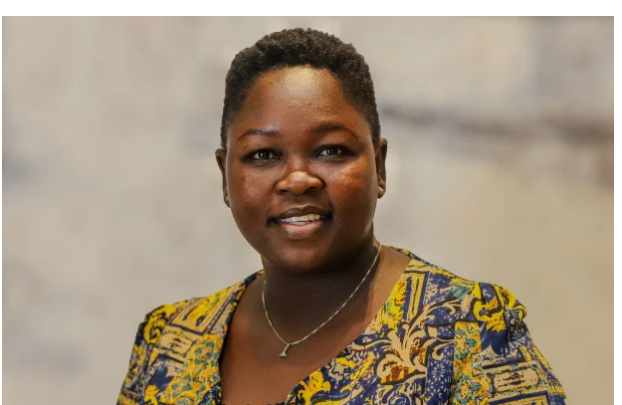

On August 7, I wrote about the Hustler Fund’s failed promises; this week, I delve deeper into Kenya’s so-called economic empowerment campaign.
Kenya’s empowerment drive is in full swing, with less than two years to the next general election.
We have witnessed scenes at State House, Nairobi, where 15,000 youth gathered to receive motorcycles, salon kits, tents, public address systems and villages full of women’s groups handed hoes, blankets and cash.
In the Lake region last week, a women’s chama of 25 received a cooking pot, 15 hoes, 28 lesos and Sh10,000, alongside a message, delivered through a local representative, that loyalty is the price of support. It was a telling display that ongoing empowerment initiatives are less about transformation and more about patronage.
President William Ruto and Deputy President Kithure Kindiki lead the charge, spreading the gospel of “empowering hustlers,” just as they did ahead of the 2022 general election with the “hustlers vs dynasties” narrative.
From September, 70 women and youth per ward are reportedly set to get Sh50,000 under the Sh28 billion Nyota programme, while the Kenya Jobs and Economic Transformation project promises one million jobs yearly.
On
the surface, these gestures appear generous.
But why are billions of shillings being disbursed in rallies instead of transparent budgetary frameworks? Why are top leaders taking on roles legally and administratively mandated to state departments such as the Directorate of Socio-Economic Empowerment? And why are these billions absent from the 2024-25 and 2025-26 budgets?
Kenya has travelled this path before. The Youth Enterprise Development Fund, Uwezo Fund and Women Enterprise Fund were launched with great promise but soon lost steam to corruption, underfunding and weak oversight. Like the Hustler Fund, Nyota and KJET will become new versions of the same story without structural reforms.
Globally,
empowerment is being pursued differently.
International accords like the Convention on the Elimination of All Forms of Discrimination Against Women, the Beijing Declaration and the Sustainable Development Goals place women, youth and persons with disabilities at the centre of inclusive growth. They push governments to guarantee equal access, fair wages and financial inclusion.
In addition, policy-driven initiatives such as the World Bank’s East Africa Girls' Empowerment and Resilience programme and the Women’s Global Development and Prosperity initiative provide funding, training and institutional reforms, not photo opportunities.
Kenya is fine-tuning its fiscal instruments to champion gender equality, funnelling resources into empowerment programmes like access to government procurement opportunities, designed to uplift women and youth-led enterprises. But behind the sheen of policy promises, there are still critical gaps.
A 2024 report by the Institute of Economic Affairs and Kenyatta University’s Women’s Economic Empowerment Hub found that from 2021 to 2023, empowerment funds were concentrated in just 11 state departments. Only the State Department for Gender and the National Gender Equality Commission dedicated full budgets to these efforts. The report calls for gender data, stronger coordination and reduced donor dependency.
At
the centre, empowerment should equip individuals with the tools to build
sustainable livelihoods. However, Kenyans are increasingly witnessing the
reduction of empowerment in political currency.
True empowerment goes beyond token gestures. It requires systemic, policy-driven change anchored in training, access to credit, value-chain integration and strong accountability mechanisms to ensure resources reach the intended beneficiaries.
The Kenya Kwanza regime has failed the integrity test. Instead of honouring the constitution through transparent and accountable use of public resources, it has reduced empowerment to political theatre.
The regime must stop trading handouts for loyalty and pursue reforms that create opportunities for women, youth and vulnerable groups. It must uphold the constitution, deliver dignity and secure prosperity for all Kenyans beyond politics.

















